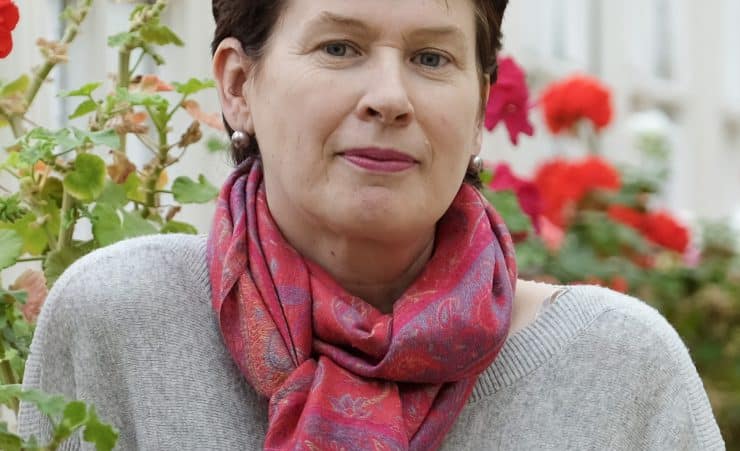
Covid-19: Getting money quickly to frontline services
Building on experience of past emergencies
In particular, the unrolling crisis highlights the importance of the layer of small, grass-roots organisations, galvanising volunteer activity to support vulnerable people or connected deep into the most disadvantaged communities, which both statutory services and larger charities recognise they struggle to reach. The smallest run under the radar of many large national funders – and even the largest tend to rely on a complex patchwork of project grants, with very little core funding or capacity to build reserves. But this is where community action happens – and community action is essential to the care and protection of the most vulnerable and marginalised at this very difficult time.
‘Applications could be “passported” between funds to avoid duplication of effort for applicants’
This sector is fragile and needs help now. Looking at what others are doing and building on our conversations and past research, we suggest four ways in which funders can show their commitment to these frontline services and get money out quickly to help them:
- Contribute to the collective effort: Three big funder collaborations – the National Emergencies Trust and London Funders initiatives, and the Third Sector Resilience Fund in Scotland – are well underway. A £1 million fund for smaller charities (launched by Martin Lewis of moneysavingexpert.com (MSE) on 19th March and making its first grants this week) has now grown to £3 million – against applications for support of more than £50 million. For those who have not yet signed up, this is the week to get behind these collaborative initiatives and help them get moving as fast as possible
- Connect to local knowledge: Many UK-wide funders have good relationships with local foundations or infrastructure bodies, who are well placed to identify gaps and reach smaller groups providing much needed practical support in their communities. National and local emergency funding initiatives are mobilising, but the speed and strength of collaborative response varies across the country. If you have trusted colleagues and partners in local areas, why not consider bolstering their funds right now so that grants can start flowing?
- Think about who may be missing out: In the face of an emergency of this scale, funders may be predisposed to big interventions or generalist services in the hope of helping the largest number of people. But there are whole sections of society that simply aren’t reached by generalist services or need specialist support. This was true before the virus struck and is a pressing concern now. Some – for example, isolated migrant communities, disabled people with complicating health conditions or women in violent and abusive relationships – are at particular risk from the virus or the consequences of lock down. Many funders are active champions of equalities. Providing funds to local partners specifically for people at risk of missing out or directing financial support through specialist national funders are two ways to make sure they are not further endangered and excluded.
- Commit to the lightest possible processes: This is not the time for business as usual in grant-making. Everyone involved in distributing emergency funds is looking to adopt the light touch process necessary to put money in the bank for hard pressed organisations within days not weeks. As part of this, applications could be ‘passported’ between funds to avoid duplication of effort for applicants.
We are working closely with our five core funders, and other foundations, to support the leaders of small voluntary organisations and will continue to share insights and ideas to help inform emergency responses.


